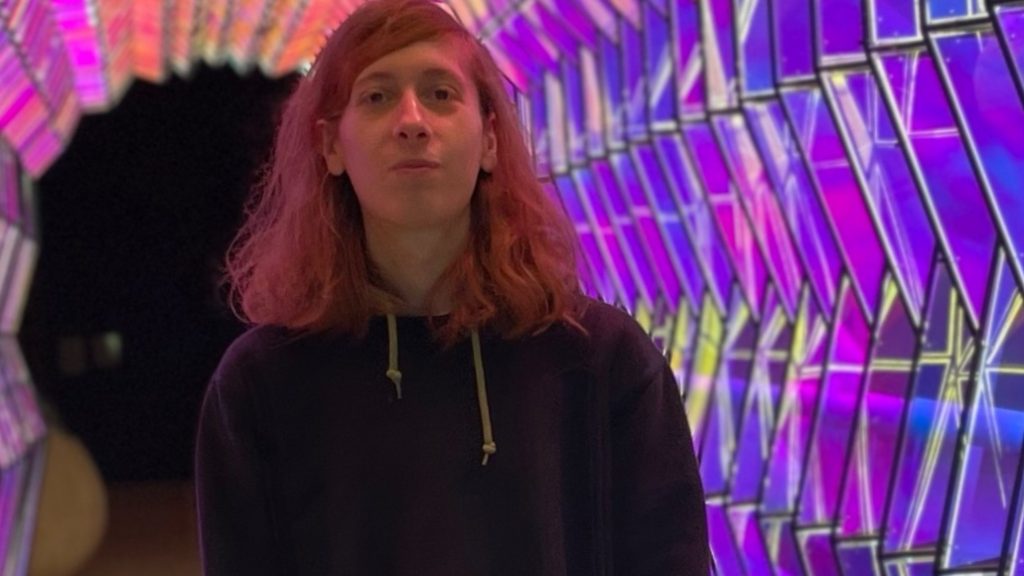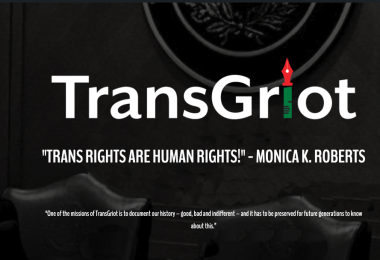Following a year of legislative onslaught against LGBTQ+ people the phrase pride is a riot is a reminder of past and present fights for existence. Pride represents a safe space for those newly out, exploring their identities, and basking in the warmth of community. The festive atmosphere of pride, combined with corporate adoption from brands–including J.P. Morgan and defense conglomerate Raytheon Technologies– can make today’s pride feel distant from the radical roots of the Stonewall Riots. Queer joy, however, is still an act of defiance and a necessary component of our resistance.
Broadening social acceptance of queer people has been met with a reactionary backlash by those opposed to social and legal progress. The FBI’s Uniform Crime Reporting program (UCR) 2013-2019 has tracked a steady increase in hate crimes against LGBTQ+ people. The Anti-Defamation League’s (ADL) analyzed this trend from June 2022- April 2023, and they report that “Nearly half of all incidents (49%) were perpetrated wholly or substantially by individuals associated with extremist groups.” These incidents ranged from “demonstrations aiming to intimidate organizers and attendees at drag shows, to bomb threats against hospitals that offer healthcare for LGBTQ+ people to a mass shooting.” Another report coordinated between GLAAD and the ADL’s Center on extremism “found 161 incidents of anti-LGBTQ protests and threats targeting drag events since early 2022.”
Macro analysis of organized bigotry is useful for grappling with the scale of the problem. Unpacking those numbers through an examination of how such statistics materialize on the ground spotlights our situation’s severity. For many, right-wing extremism evokes memories of the 2017 Unite the Right Rally in Charlottesville Virginia or the January 6th capitol riots. Both events are useful for studying intra-group coordination since they represent watershed moments of convergence between extremist groups such as: The Oath Keepers, Proudboys, Three Percenters, Patriot Front, Rise Above Movement, and Vanguard America. More localized action by these groups can often escape public consciousness.
During a small June 3rd, rally for LGBTQ+ rights in Corbin Kentucky two men began screaming at attendees holding signs in the local park. Kenneth W. Hutton, identified through an open records request filed by Raw Story, “pulled a KKK card from his wallet” and brandished a handgun at protesters before police intervened. The police intervention consisted of emptying the men’s guns, escorting them to their vehicles and allowing them to depart arrest-free before then telling “LGBTQ supporters to leave the park because they had not obtained a permit” for their gathering. The resolution resulted in the self-described Klan members successfully disrupting an LGBTQ advocacy space.
In response to a July 29, 2023 Pride in the Park event in Watertown Ohio, conservative religious groups were joined by members of the neo-Nazi group Blood Tribe. The aesthetics of religious conservatives and neo-Nazis differ; however, both groups’ messages unite in opposition to the joy of the community they descended upon. Trent Kangas the event’s organizer and president of the Unity Project of Watertown said “We have about 400 people here right now and they’re dancing smiling and having fun that’s all that matters to me.”
Loneliness and alienation are natural emotions when you grow up in a community that feels hostile to your existence. Bigoted groups mobilize around moments of queer community in order to cultivate those feelings of isolation. The 54 years since Stonewall have been hard fought, but one thing time doesn’t change is the reality that nothing frightens a bigot more than queer joy. We need more than corporate floats and parades for queer liberation, but we also must continue making space for gathering, for joy, and for uplifting one another. Pride is still a riot; our existence is defiance. Joy in the face of bigotry is a middle finger to those terrified by our existence. Joy keeps us going when things seem impossible. Joy is radical.

Micah Peregrino (They/Them) is a historian examining the intersections of labor, politics and gender.







